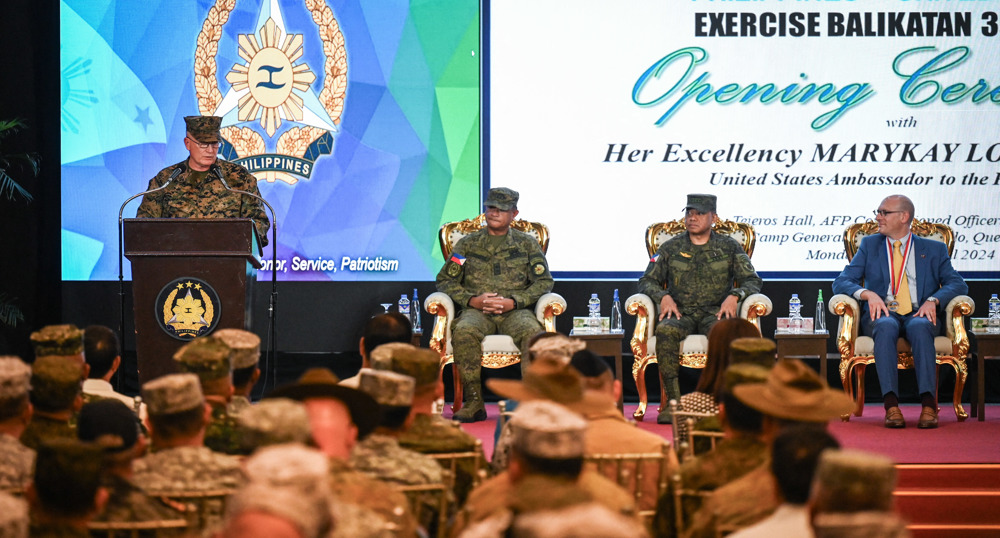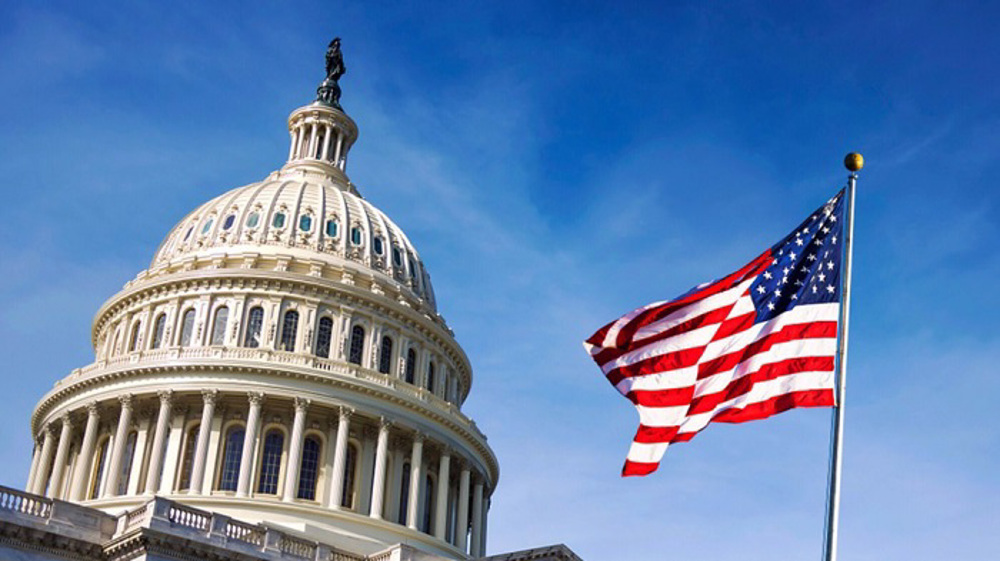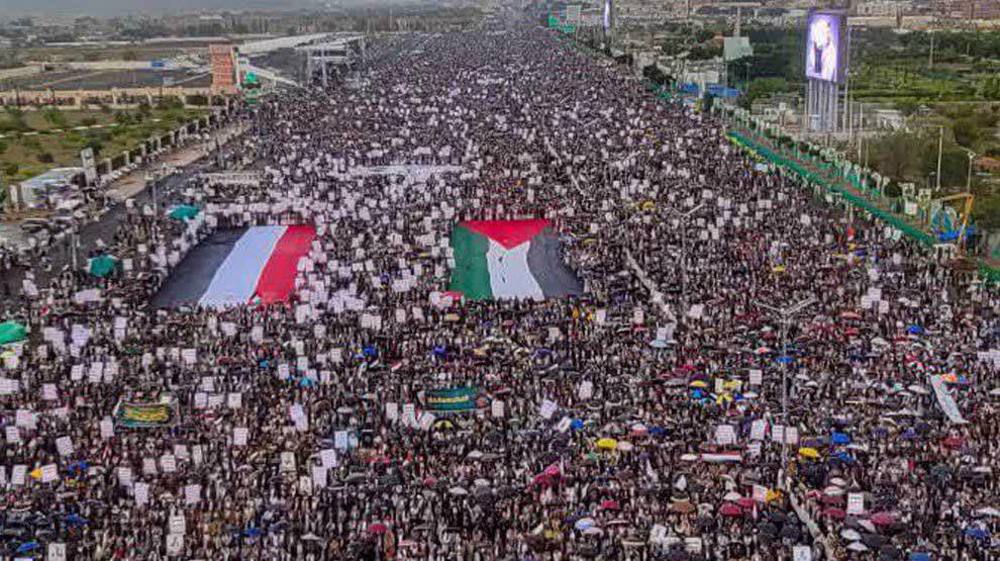Australia should not blindly follow US: Former army chief
A former Australian army chief has warned Canberra against “blindly” following the United States in the American military adventures, a day after a long-awaited inquiry into Britain’s role in the 2003 US-led invasion of Iraq blamed the UK for rushing to war.
“We... need to be careful of blindly going along with our senior strategic partners,” Peter Leahy, who was the chief of the Australian army from 2002 to 2008, said in an apparent reference to the US.
“I think as we look at other issues that are afoot at the moment, there are some thoughts to be given there — what decisions are we making?” he said, speaking on Thursday.
The former army chief, who is now a professor at Canberra University’s National Security Institute, added that “Frankly, some of the decisions the United States, our senior partner in our strategic alliance, have [sic] made over the last 20 or 30 years have been a bit crook.”

The Chilcot Inquiry, established in 2009 to investigate Britain’s most controversial military engagement since the end of the Second World War, published its 6,000-page report in 12 volumes on Wednesday, slamming former British Prime Minister Tony Blair over support for former US President George W. Bush in the 2003 Iraq war.
At the time, Blair presented the case for war with “a certainty which was not justified” based on “flawed” intelligence about Iraq’s supposed weapons of mass destruction (WMD), which was not challenged as it should have been, the report concluded.
Blair’s government sent 120,000 members of the British armed forces and civilians to Iraq, proving its role as Bush’s chief military ally. A total of 179 British personnel were killed in the war.

In 2003, Australia also sent 2,000 troops to support the US and British forces in the invasion of Iraq, whose legal basis, according to the Chilcot Inquiry, was “far from satisfactory.”
According to Leahy, a review of the Australian involvement in the Iraq war released in 2004 also showed that Canberra relied on flawed advice in joining its senior allies.
“Let’s have a discussion, not an inquiry, around our relationship with the United States, how we decide to go to war and very importantly how we decide every day when we are at war to stay at war,” Leahy said.

Meanwhile, Australian Foreign Minister Julie Bishop, who at the time of the Iraq invasion was part of then-Prime Minister John Howard’s conservative government, defended the decision made by the government to send troops to Iraq, saying it was “based on… the best information that we had at the time.”
“The government takes responsibility for all decisions that a government makes and we take responsibility for this one,” she further said, describing the decision as “a bipartisan position up to a point.”
Blair himself has defended the British decision to follow in the US’s footsteps into Iraq following the publication of the Chilcot report.
According to the Australian constitution, the government does not require a permission from the country’s parliament to declare war.
It could take 14 years to remove debris left by Israel war on Gaza: UN
Iran, China discuss military cooperation
Sanders to Netanyahu: 'Don’t insult American people’s intelligence'
Tehran economic conference: Raeisi hails Iran-Africa expansion of ties
VIDEO | Press TV's news headlines
Severe heat wave hits India as phase 2 of polling begins
What to expect after President Raeisi's visit to Pakistan
China describes Iran as ‘strategic partner' in West Asia













 This makes it easy to access the Press TV website
This makes it easy to access the Press TV website